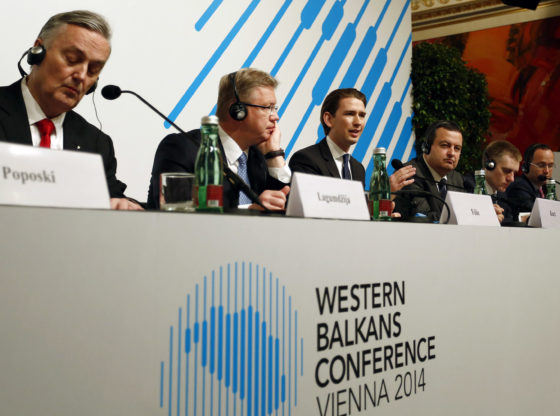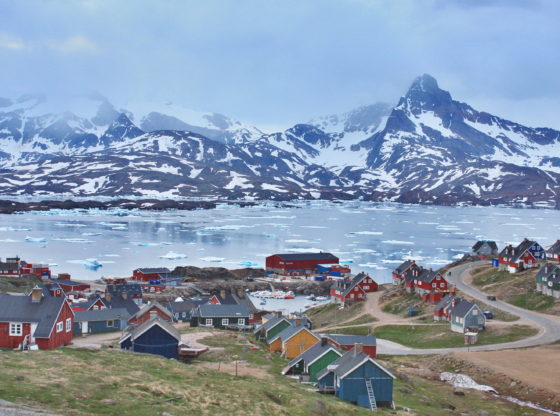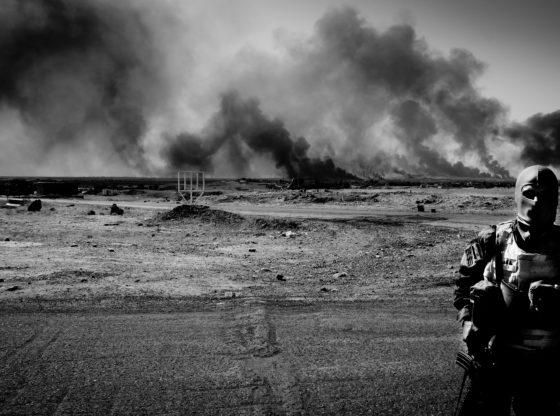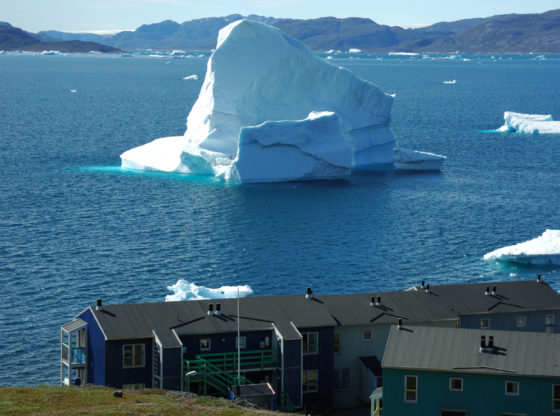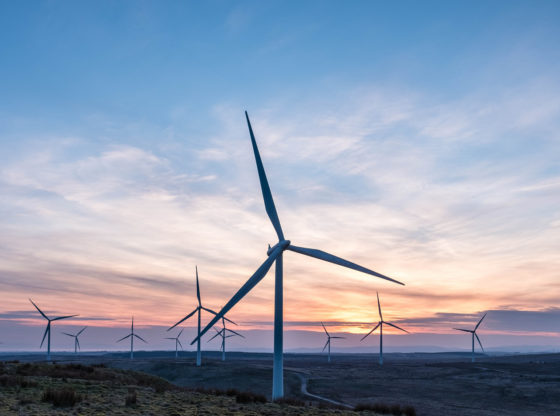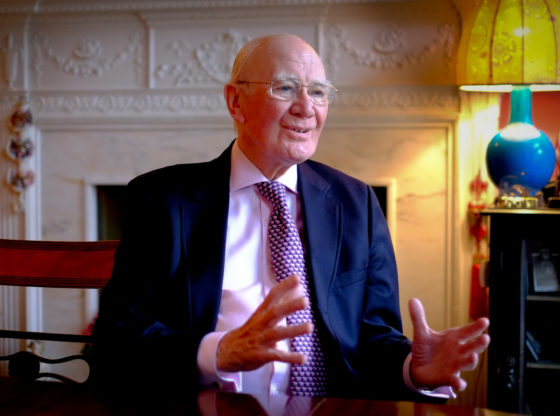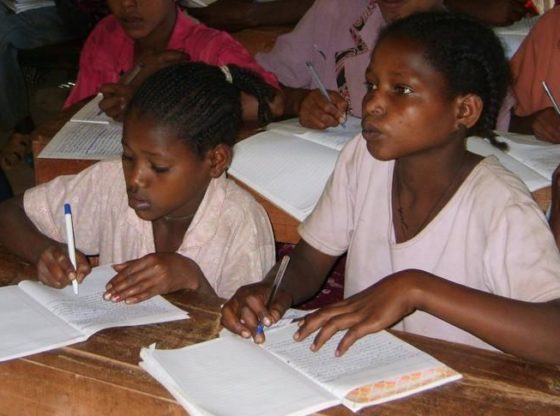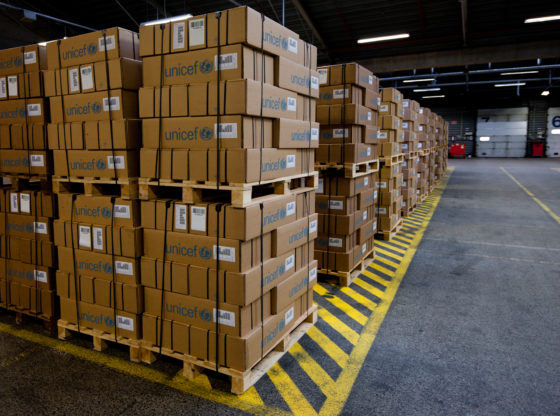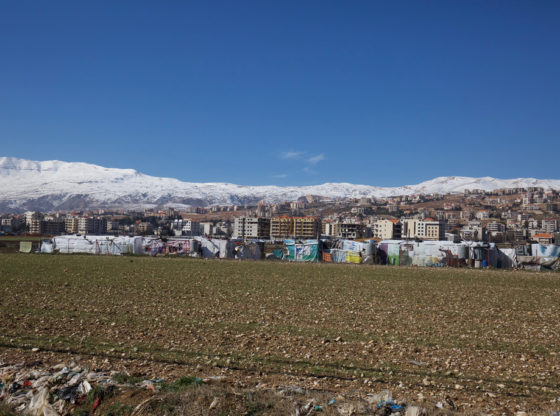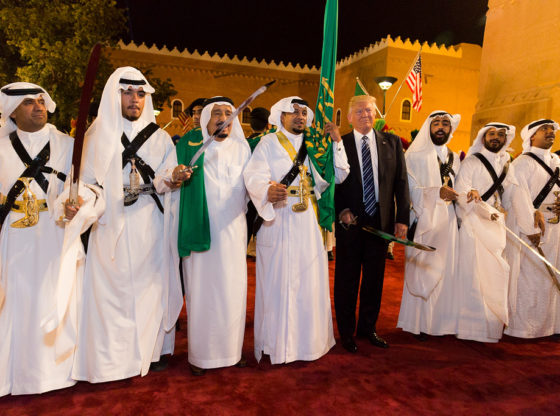Scotland now has a strong international reputation on LGBT rights and is at the forefront of protest against discrimination in other countries. Liam Beattie charts Scotland’s journey and looks elsewhere to highlight where progress has yet to be made.
Scotland’s Pride season is now in full swing. Marches big and small will take place up and down the country over the next two months. Celebrations in England and Wales have a particularly special meaning this year with 2017 marking 50 years since the decriminalisation of homosexual activity; the fact that it took until 1980 for Scotland to follow suit demonstrates that we were once a country ill at ease with diverse relationships. Fast forward 35 years and this small northern European nation was crowned the best place to be LGBT in the whole of the continent. This evolution has resulted in a community with increasing self-confidence, participating fully in the international battle for equality.
It’s been 46 years since Edinburgh held Scotland’s very first gay disco night. It’s been 35 years since Scotland’s first LGBT bookshop opened its doors. And it’s been three years since Scotland’s first same-sex marriages took place. Over the course of this relatively short period, Scotland has undertaken a transformative journey that was recognised by it becoming the best place to be LGBT in Europe in 2015. According to the Scottish Social Attitudes Survey, views towards same-sex relationships have become increasingly positive with just under a fifth (18 per cent) of people in Scotland saying that such a relationship was ‘always’ or ‘mostly wrong’. With a large majority (69 per cent) saying that same-sex relationships were ‘rarely wrong’ or ‘not wrong at all’. This transformation has not happened overnight but the accelerated pace of change is a credit to Scotland’s longstanding vocal and visible LGBT activist community.
The recent Pride Edinburgh celebrations were a wonderful array of colour and optimism that featured rallying speeches outside one of the world’s pinkest parliament, where three out of the five leaders identify as gay or bisexual. This same parliament was in its infancy when, in 2000, it made Scotland the first part of the UK to abolish the discriminatory Section 28 legislation introduced by the Thatcher government to ban the teaching of same-sex issues in schools. Those attending Pride in Edinburgh did not experience counter-protests, intimidation, or threats. It is an event which allows people of all sexualities to come together.
EDINBURGH AND KIEV: A TALE OF TWO CITIES
Some 1,880 miles away, and less than 24 hours later, Kiev was set to mark its annual Pride celebrations. However, the backdrop could not have been more different to the one in Scotland’s capital. Only in May, Kiev welcomed fans of Eurovision to the city under the banner of ‘Celebrate Diversity’ in what was a spectacle of glitz, glamour, and pop music. Ahead of the Pride march, far-right protestors burned the rainbow flag in public and sent death threats to those wishing to participate. Images of activists being murdered were left on Ukraine’s LGBT movement website. Hostility towards Ukraine’s LGBT community has been growing. An LGBT event was cancelled in 2016 when protesters chanted “Kill, kill, kill” in the streets. Although the march itself passed largely incident free, the intimidation experienced by participants was a world away from what had just taken place in Edinburgh.
Those 48 hours in June 2017 told a story of two very different realities for LGBT people separated by less than two thousand miles. That weekend also demonstrated the capacity of social media to connect people and allow LGBT communities to pull together. Throughout the march in Kiev, social media was awash with messages of support and praise from cities across the globe, including in Scotland, for those who had defied the threats. This has been part of an ever-increasing trend within the LGBT movement that has seen activism not only target our domestic institutions but stand against injustices across the world. One of the most notable moments of this in recent times was the much-celebrated kiss between actor John Barrowman and a fellow dancer at the opening ceremony of the 2014 Glasgow Commonwealth Games. What was most remarkable was that this simple act was an act of defiance given that no less than 42 out of 53 Commonwealth countries continue to criminalise homosexuality. Scotland’s moment on the global stage was not just a celebration of the values at home but a shot over the bows of those governments that continue to discriminate against LGBT people. Other moments of solidarity include the hundreds in Edinburgh and Glasgow that stood with the gay community in Orlando after a shooting that left 49 people dead, including senior politicians. Most recently, protesters picketed the Russian consulate in the Scottish capital to condemn the actions of the Chechen government that has overseen the abduction, torture, and murder of gay and bisexual men in the Russian republic.
Campaigning for change at home takes determination. Seeking to end barbaric behaviour and discriminatory laws in other countries takes nothing less than tenacity, selflessness, and the ability to coordinate with communities across the world in order to make protest sufficiently vocal. Scotland’s journey to LGBT acceptance has been one fraught with hostilities from prominent people within public life, including business owner Brian Souter who bankrolled the Keep The Clause campaign in 2000. Even as the Scottish Parliament debated proposals to introduce same-sex marriage, some MSPs were bandying around fears that the institution of marriage would be undermined. The relatively small LGBT community in Scotland has learned a thing or two about standing up against a sometimes-stubborn status quo and eventually bringing society forward as a collective. Organisations including Stonewall and the Equality Network have helped place Scotland firmly at the centre of the global fight against LGBT injustice. This fight is massively reliant upon networking: the power to connect and share information at the touch of a button is now one of the most powerful tools the LGBT community can use to support other communities across the world.
The past decades have seen Scotland emerge at the vanguard of societal change towards LGBT people. It’s a credit to previous generations who laid the foundations for Scotland to become a country become internationally recognised for its laws and protections, and its social attitudes. A simple kiss in 2014 has become emblematic of a country very much at ease with itself and ready to show the world its commitment to equality, both at home and abroad.
Liam Beattie previously worked in the European Parliament. He now works for a third sector organisation in Edinburgh. He is a regular commentator for the BBC on equality issues. Liam is on Twitter at: @Liam_Beattie Email him at: [email protected]
Featured photo: Pride March, Glasgow, 2016. © Stonewall, All Rights Reserved.

